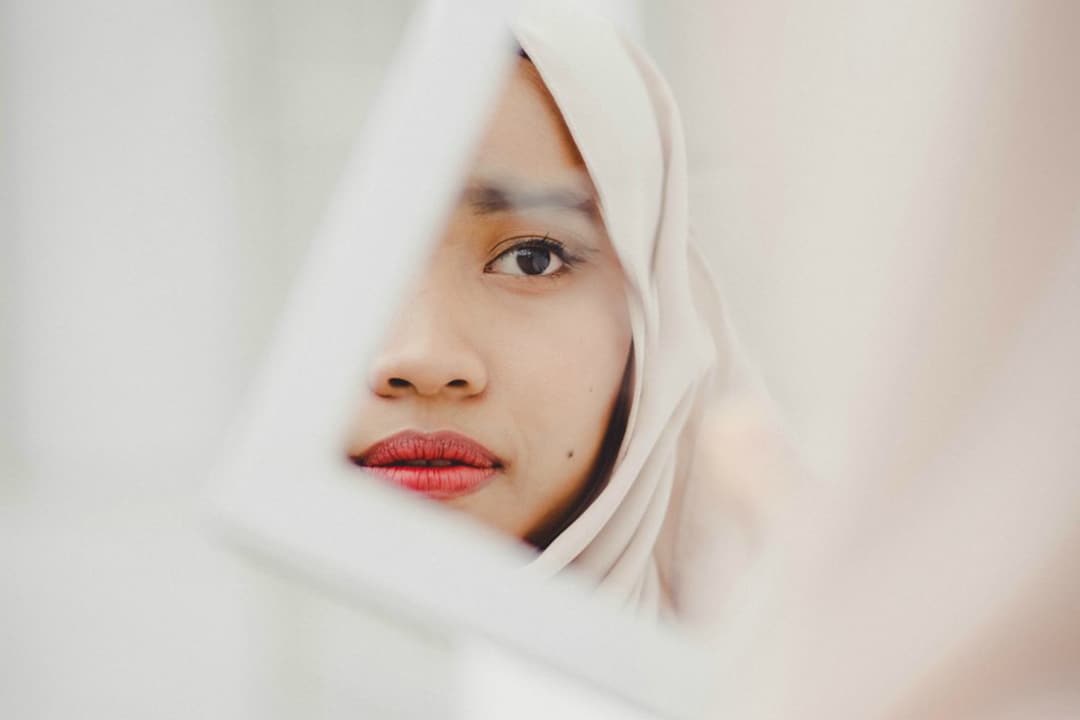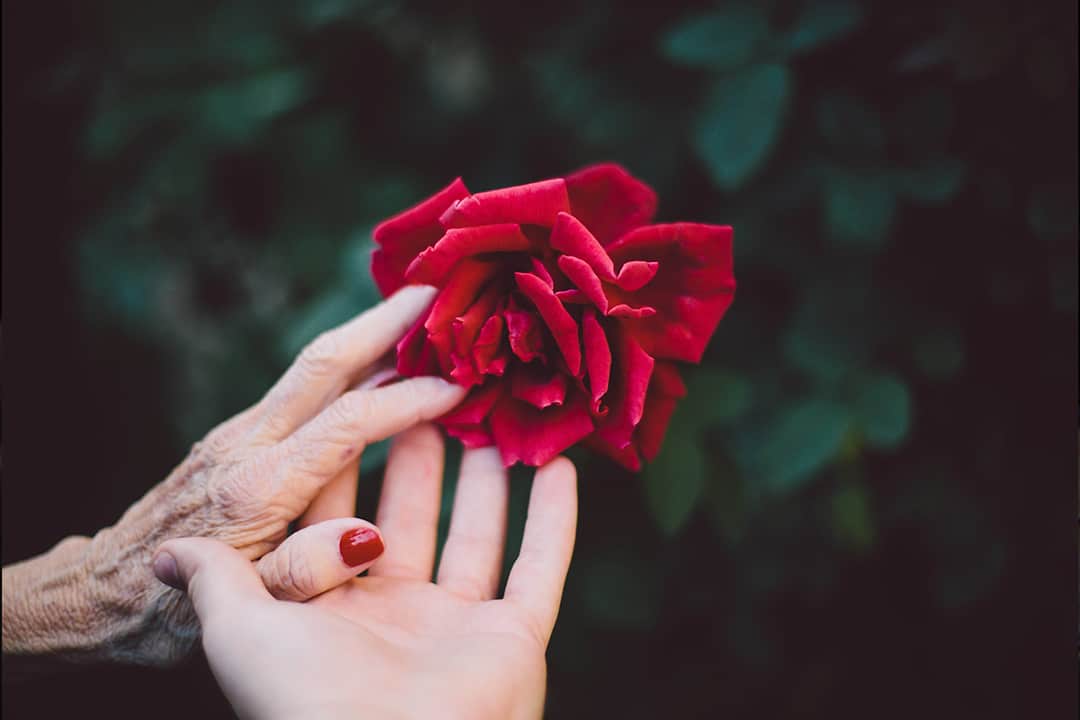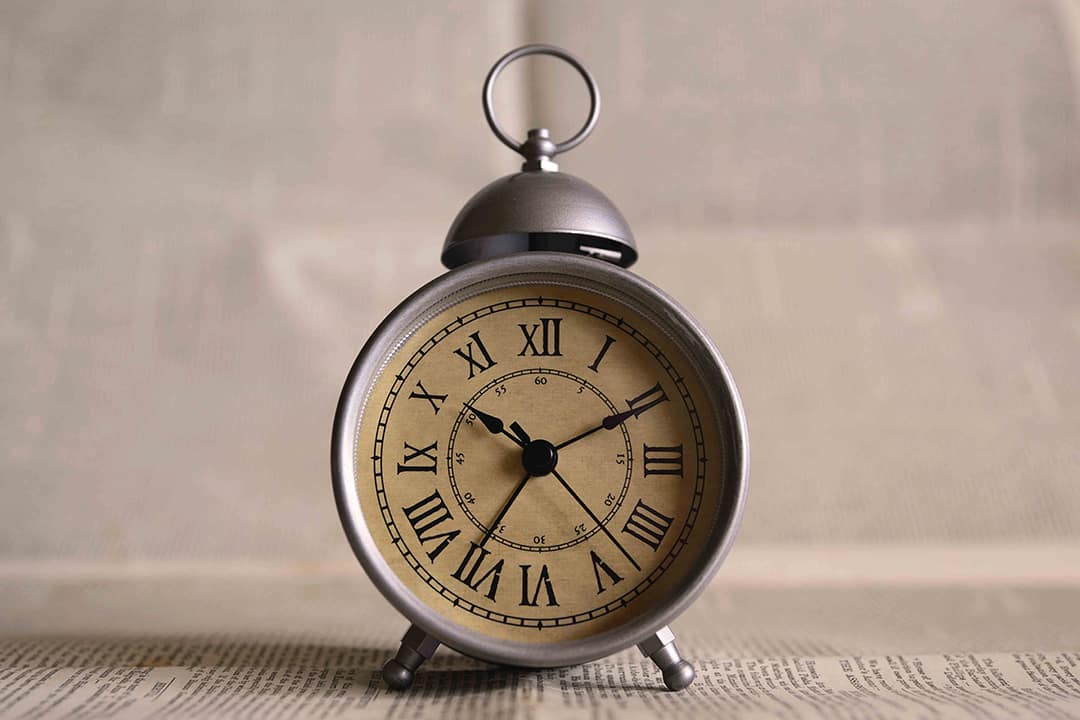We’ve all heard about middle age or mid-life crisis at some point or another. It is the time in an individual’s life when several changes are occurring simultaneously, on the physical, mental and spiritual levels. These changes can take the form of increased fear, anxiety, or insomnia – maybe at the prospect of life stressors beginning to settle on the mind, such as worrying about personal/familial livelihood or thinking of death coming nearer and accomplishing life goals (Freund & Ritter, 2009). Additionally, one also experiences sudden hormonal and bodily changes in different ways. Yes, we all know middle age can be a challenging transitional phase, but it can be especially difficult for women.
How many of you have heard about someone experiencing menopause? You should have, because every woman experiences it at the time in her life when she stops having her menstrual periods – it is the permanent cessation of menstruation. This is usually around the ages of 45-55, and the time leading up to menopause is referred to as the menopausal transition or perimenopause. It is during this time that a woman’s ovaries gradually reduce the production of hormones relevant to the menstrual cycle, like oestrogen and progesterone, causing the woman to experience decreased fertility, insomnia, drastic weight change, impaired concentration and very irregular menstrual cycles.

Now this does not mean that menopause is a medical disease or condition, it is a very normal part of life for females. However, it can be challenging because every woman experiences it in a different way; while some may not feel any discomfort at all, others suffer from complications like intense pain, bodily weakness, sudden mood changes and even mental illnesses. For example, an estimated 20% of women fall into depression at some point during menopause (Soares, 2004), while a smaller proportion of women experience panic disorders and obsessive-compulsive disorder (Steiner et al., 2003). Those women who have schizophrenia experience a worsening course of their condition during the menopausal transition. The occurrence of this is common, but this does not mean it is all hopeless! There are several home remedies, medical treatment and psychological therapy options for women who experience complications during their menopausal phase – check out the NHS website, the British Menopausal Society or Menopause Matters for more information.
So, all in all, it is a particularly difficult time for women. We may find it difficult to understand why a mother is so emotional all the time, or behaving short-tempered with us, or why a sister is very hot and cold at times. Instead of feeling angry and rebellious, we should consider giving them the benefit of the doubt because it may have little to do with us. We can endeavour to lend a helpful ear or ask the person if everything is alright, and what we can do to help. We can try to be communicative with the person instead of writing off their actions as difficult behaviour or ignoring them. We can try not to be so judgemental and defensive, but compassionate and supportive. Most importantly, we can be more understanding and follow what Islam says when it comes to doubting the actions of others:
“O you who believe! Avoid much suspicion. Indeed! some suspicions are sins.” ~ Quran 49:12
“If a someone amongst you errs, make seventy excuses for them. If your hearts are unable to do this, then know that the shortcoming is in your own selves” ~ Shu’ab al-Iman 7.522






Ma’ash Allah, such a well written and clear relevant blog, tying MH, Quran and heath advice.
Loved it
Ahsant for your comment. We strive to be well balanced here at IM, and it is truly rewarding to know when we get it right, Alhamdulillah!